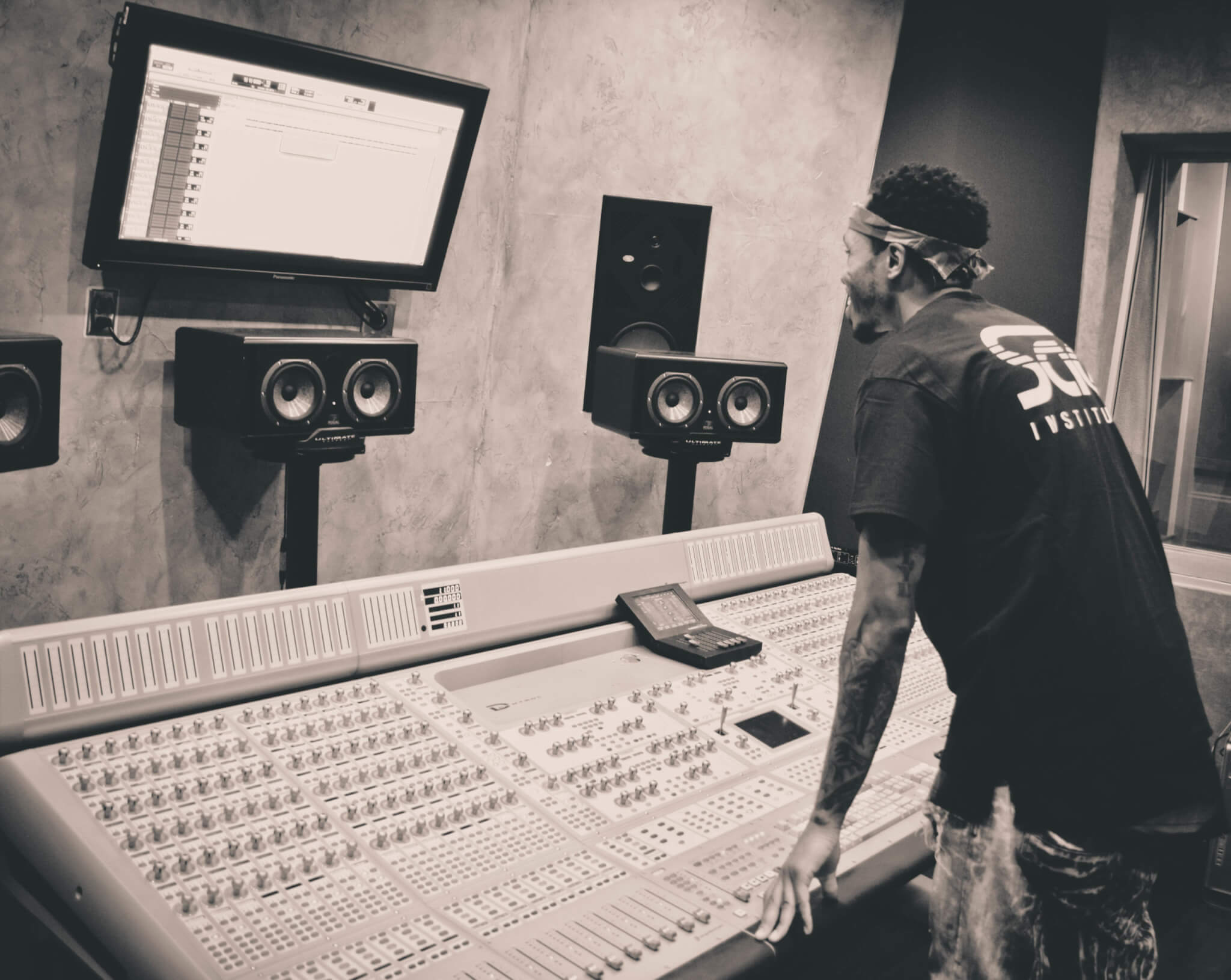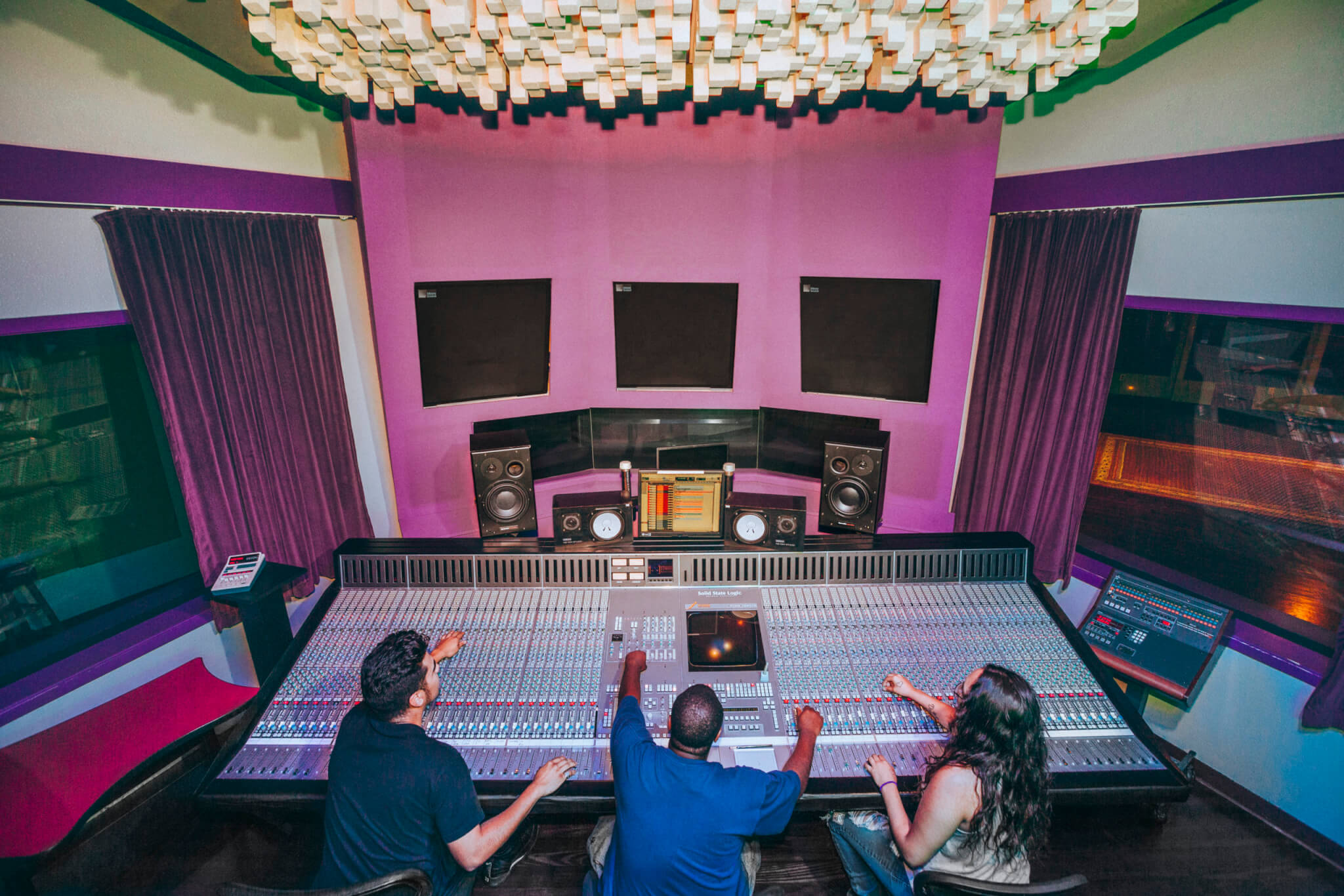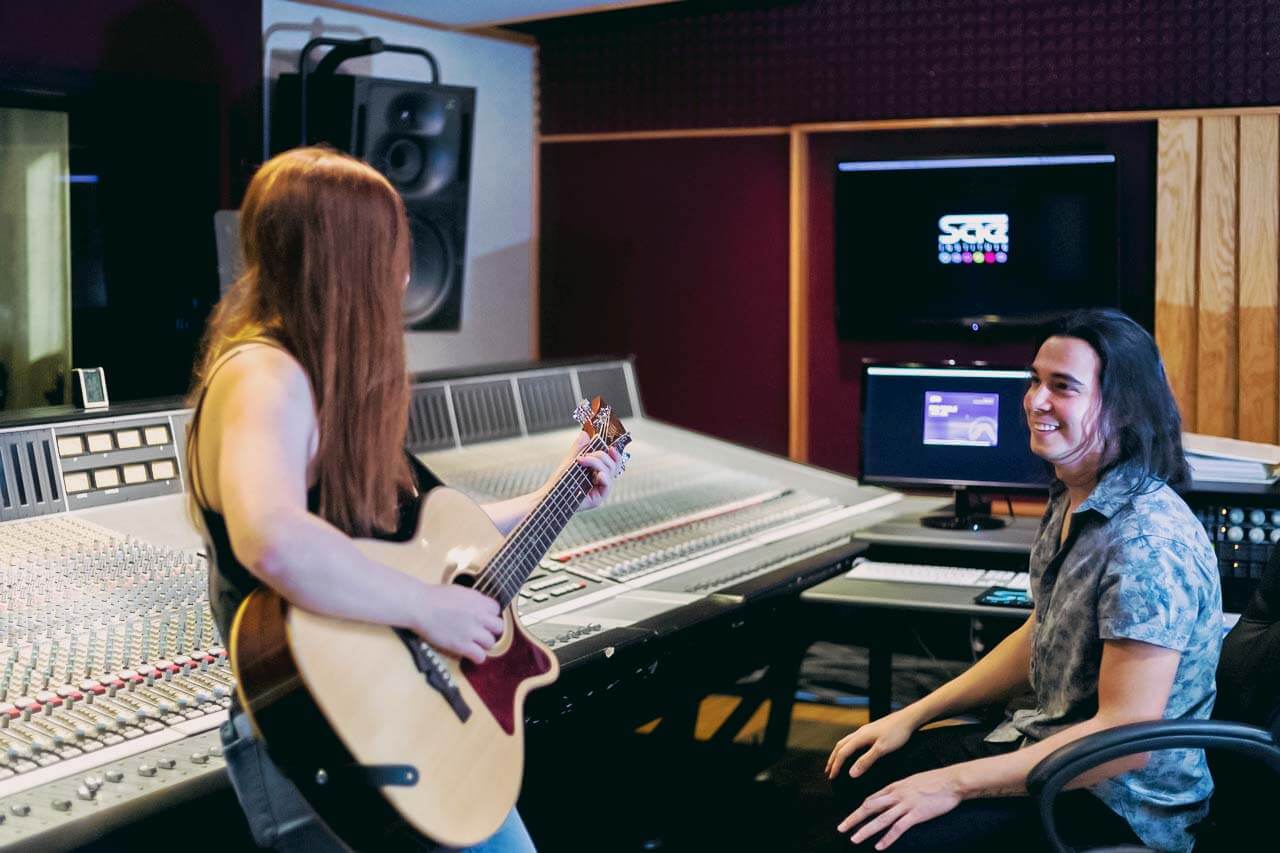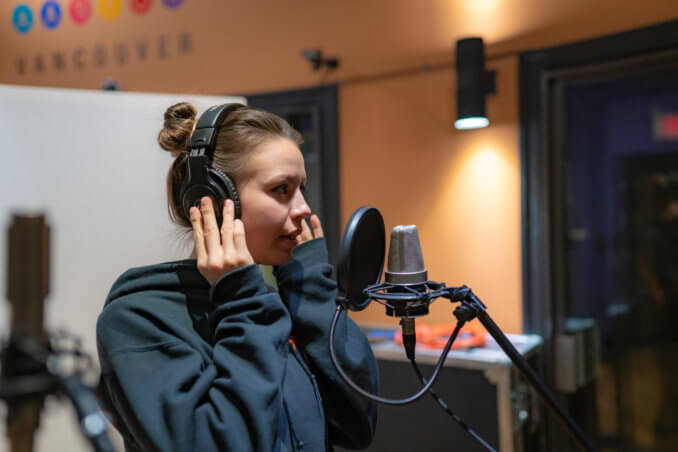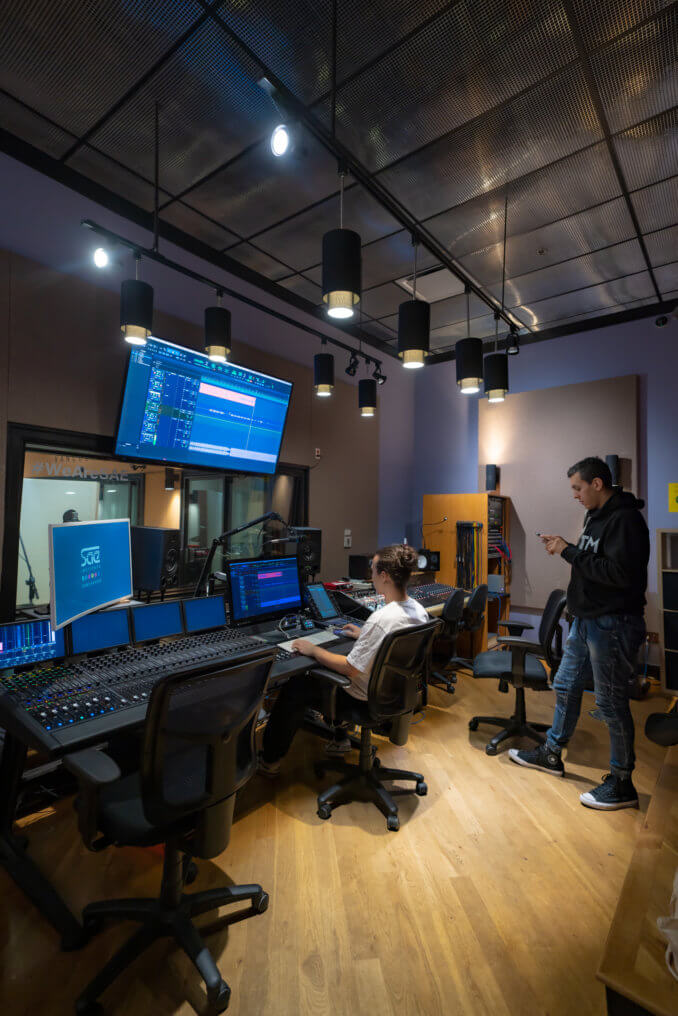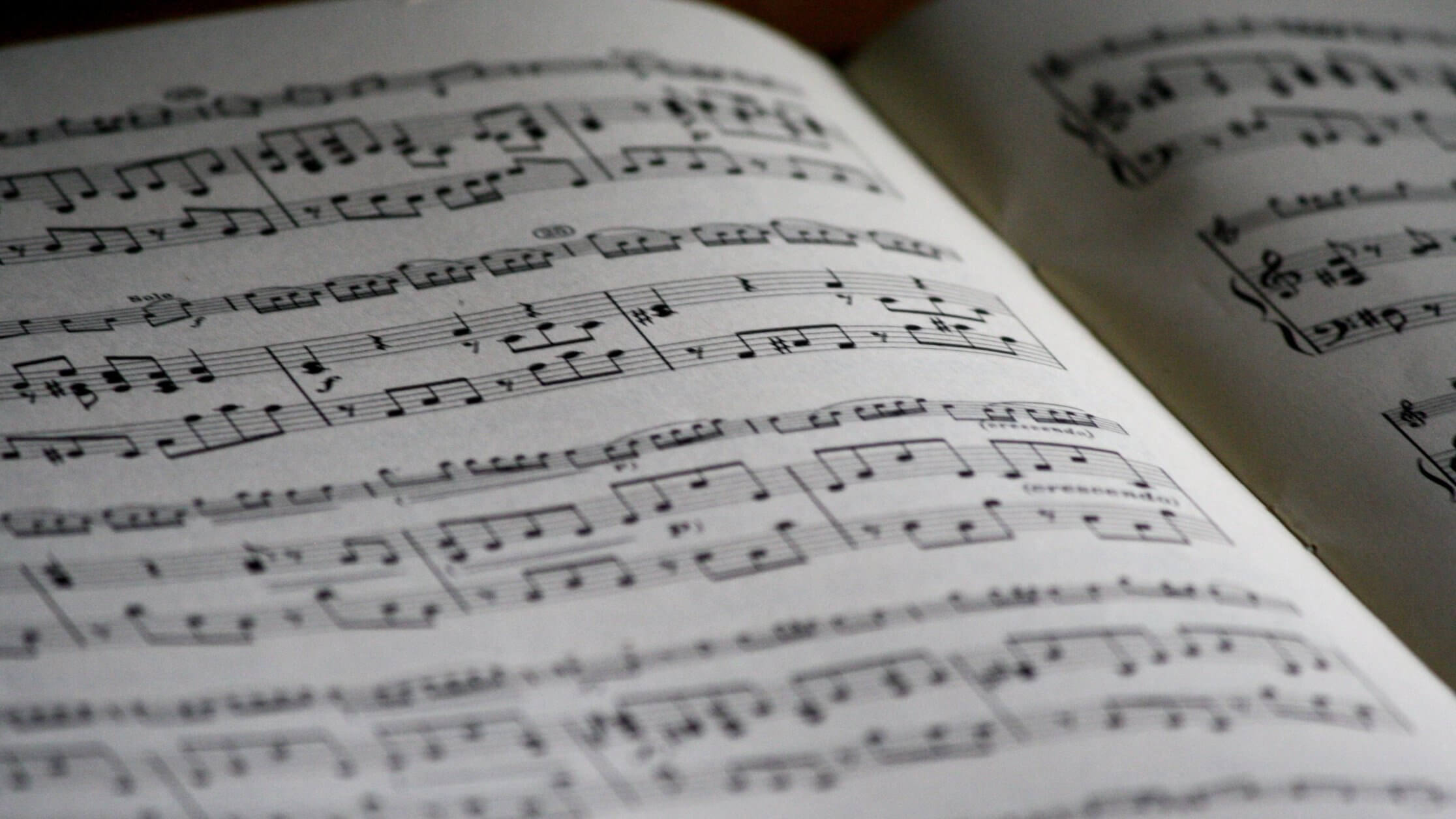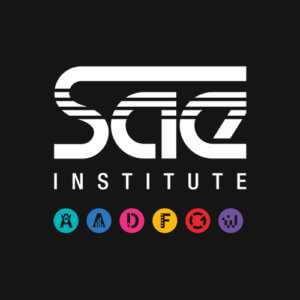
Let’s say you’ve determined that a career in Audio is something you’d like to pursue. You’ve taken the time to research programs and courses required, some of which may touch on topics that you’re already familiar with, and some that may bring completely new information and interests to you. As you’re browsing the catalog, you notice classes like Recording Techniques, Album Production, and Ableton, all of which seem like obvious topics required to work in music. Then, you notice Music Theory.
Why is this particular class important? Why should you study it before beginning a career in the audio industry? Follow along as we answer all the questions you may have about this particular area of study and learn more about why this class is taught in our Audio Engineering and Music Production Program here at SAE Institute Vancouver!
First, let’s start with what exactly Music Theory is.
Simply put, music theory is the study of the practices of music. It’s about how music works, what the building blocks of music are, how music is made, and how to relate to it. Essentially, it’s the grammar that makes up the language of music.
Music Theory encompasses subjects such as chord structure, scales and keys, tempo, and time signatures, all of which are explained in further detail in this video.
Next, how does understanding music theory help in producing audio?
Understanding a language (or at least its basics) is the key to effective communication. The same principle applies to music. Having a basic understanding of the elements that make up music (and using specific terminology) can help to communicate with musicians quickly and easily, and avoid misunderstandings. From song structure and harmonies to the technical aspects like tuning vocals, tempo change, or pitch correction with Auto-Tune, all of these things rely on a proper understanding of the language of music, which is key in effective music-making.
What will I be learning in this course?
You don’t have to be a musician to become an audio engineer nor do you have to be a master of music theory. But gaining a solid knowledge of the basics will help you gain a better understanding of what musicians are trying to achieve and therefore make you a better audio professional to potentially help you stand out from the crowd.
SAE Vancouver’s Applied Music Theory course provides an overview of concepts of basic music theory, including the use of standard music terminology, interval recognition, common scales (major/minor), keys, diatonic chords, scale degrees, and basic chord progressions including basic ear training and elements of drum programming.
If any of this sounds like something you’d like to know more about, visit our website to find out more about our Audio Engineering Program and the variety of subjects covered. In as little as 9 months you can become equipped with the skills and knowledge necessary to get started in this exciting yet competitive industry.

